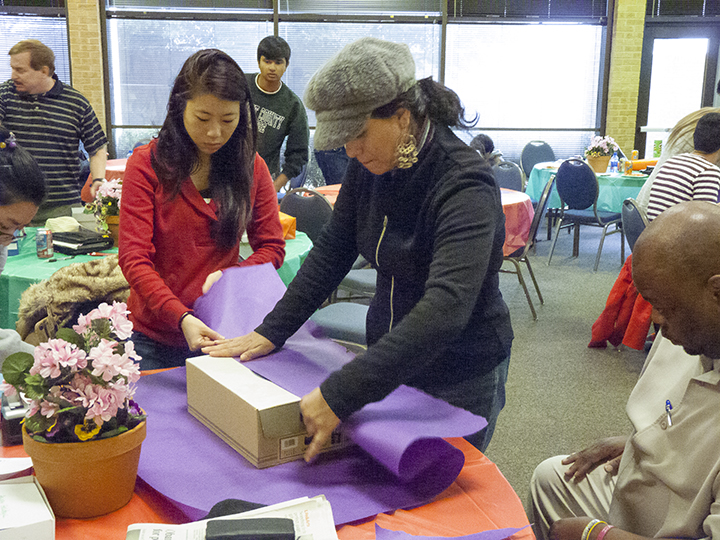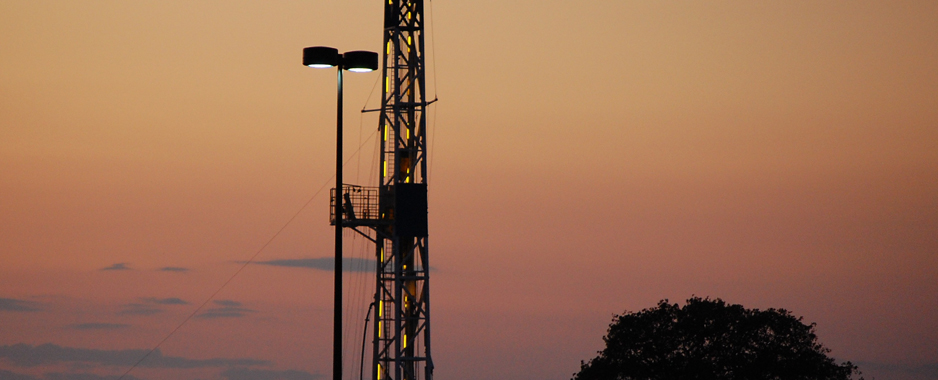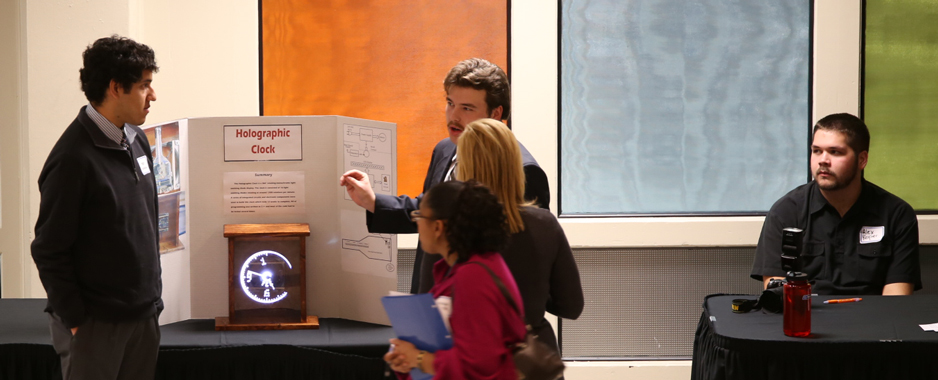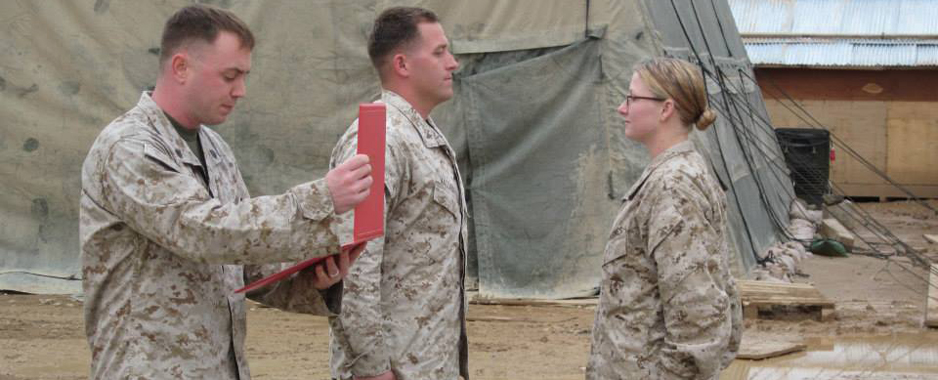There’s been a proud tradition in the American culture of protesting. From the march on Selma and Washington during the Civil Rights Movement to the many peaceful (and not-so-peaceful) protests of the Vietnam War, it’s undeniable that this is one of the greatest freedoms available to Americans.
But as time changed and technology has provided different perspectives on everyday, ordinary lives, political revolution could only be a click away thanks to social media.
It may be slightly annoying having that one friend on Facebook who does nothing but share political story after political story, spouting his or her own social commentary in the comments. But this tool alone has helped keep people in the loop who pay no mind to social, economic or political issues in the world.
The prime example of social media helping assist with both awareness and the overall cause is the social media response to the events of Ferguson, Mo.
After the death of black teenager Michael Brown at the hands of police officer Darren Wilson, social media erupted into action. Videos of the incident and people desperate to get the word out about the series of events sparked outrage and action among many people who possibly wouldn’t have known any other way.
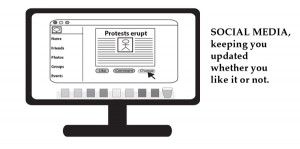
Long gone are the days where people wait for television news to inform them of what’s happening in the world. Social media sites such as Tumblr and Twitter do a great job acting as social forums for people to discuss events happening in their neck of the woods or on the other end of the pond.
This is advantageous in the sense that people can not only communicate with someone currently living through a revolution or a moment of historical change, but people are also getting the chance to hear a perspective that may not always be presented in a news story.
Because of this, Palestinians, who were mostly never given a voice on television broadcasts here in America except for when it was the voice of Hamas, were given a loud voice through Tumblr and Twitter.
Images of bombed homes, injured children being treated at poorly staffed hospitals painted a picture all over the Internet that many people hadn’t been exposed to. It was a chance for their story to be told loud and clear.
It was through social media and the public response on these sites that television news networks understood that there was another side to the uprising in Gaza this summer.
But it should be noted that with all the information available about topics like social revolutions and protests going on around the world, social media can easily be manipulated.
In the same Israeli-Palestinian conflict this summer, the Israeli Defense Forces and Hamas started their own Twitter accounts, both hell-bent on doing some damage control for their public image. This meant a lot of claims that weren’t backed up substantially by any credible news agency.
Misinformation is deadly and can lead to situations that are nearly impossible to contain. But not knowing at all seems just as dangerous.
Social media and what has been dubbed “citizen journalism” has become a useful tool for many people to stay informed. But media literacy might be a new topic all its own.
























